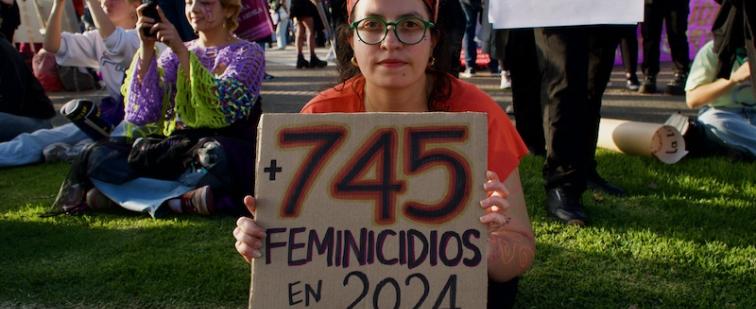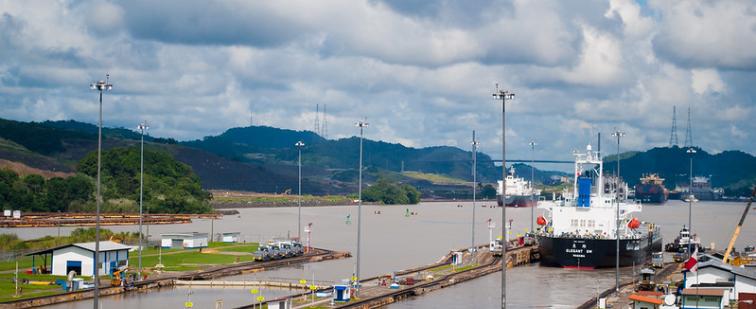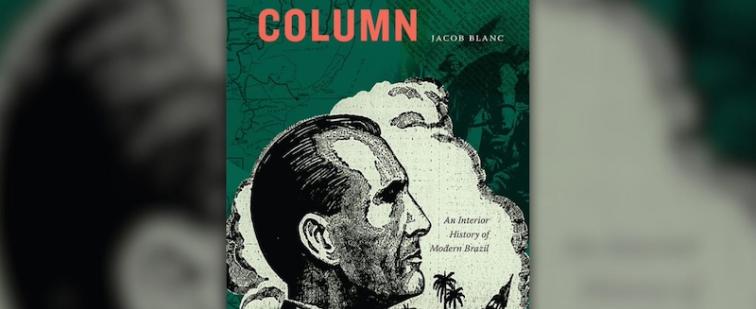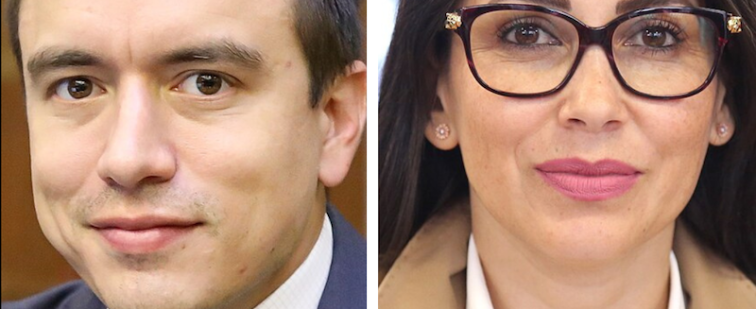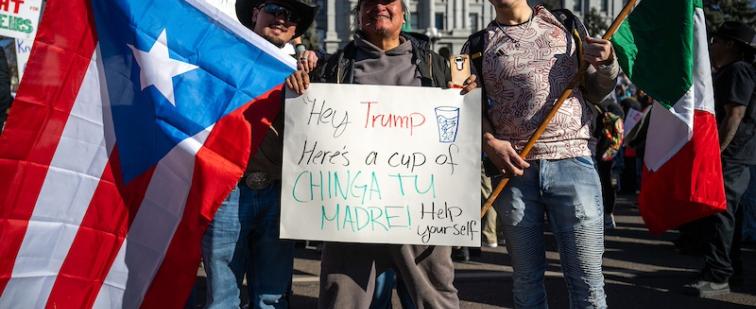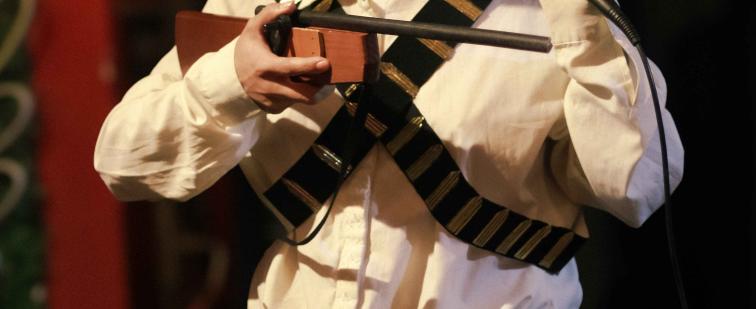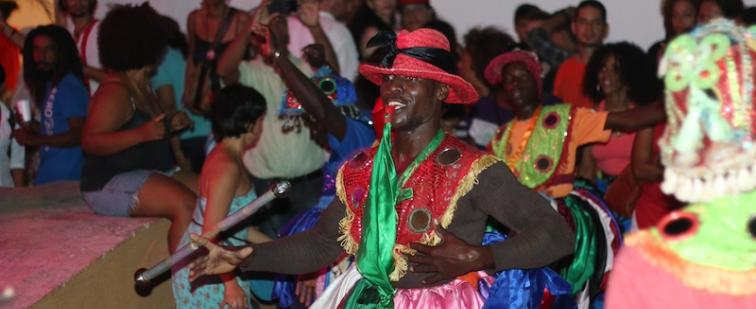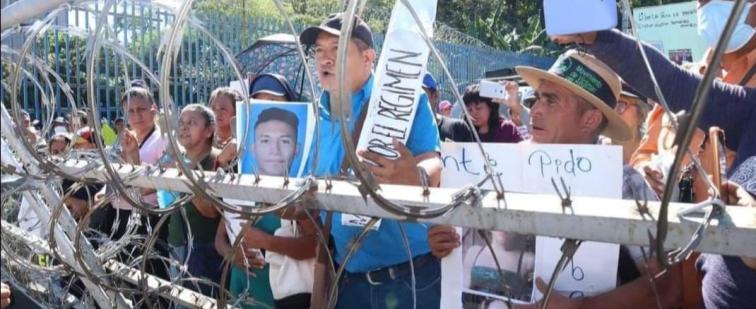Home
Over a year since he was last seen, there is still no trace of Argentine Luciano Arruga. He has joined the list of desaparecidos, the term that usually refers to the 30,000 disappeared during the brutal military dictatorship that ruled Argentina between 1976 and 1983. The difference is that Luciano was kidnapped and disappeared in a broadly heralded democracy.
“I won’t pay until the union workers return!” proclaimed 300 voices in unison on a recent Sunday in Mexico City, igniting a new campaign that joins consumer resistance in solidarity with the embattled Mexican Electrical Workers Union (SME). In October Mexican President Felipe Calderón forcibly liquidated the state-owned Central Light and Power Company, suddenly dismissing 44,000 SME union members to the ranks of the unemployed. The nascent No Pague (Don't Pay) campaign represents the newest phase of the SME struggle against this and has three basic demands: emergency rehiring of the 18,000 SME workers who have not accepted termination; a freeze on electricity rates and restoration of pensioner subsidies; and a halt to privatization of energy resources.
“History teaches us not to expect the United States to ride in on a white horse and altruistically save the day for democracy,” says the introduction of the NACLA Report's January/February 1994 edition, which examines the question of U.S. interventionism in Haiti. Now that the U.S. military has deployed some 12,000 soldiers to Haiti in the wake of January’s devastating earthquake, we republish this article from that edition in the hopes that it can offer a useful historical context for understanding current events.
On January 27, bucking for a third term in spite of Washington’s objections, Colombian president Álvaro Uribe announced his goal of putting a thousand spies in college classrooms: “We need citizens to be the ones who commit to informing the police and armed forces, and if young people over 18 can help us in this by participating in networks of informants, it would help us a lot.” Uribe offered to pay students $50 per month to report any suspicious ideas or behavior to the Colombian police and armed forces. His drive to recruit informants among university students is eerily similar to what is taking place in the United States, where Washington has served as a pilot project.
In December an agreement was reached that will see the EU further reduce tariffs on imported Latin American bananas. The eastern Caribbean island nation of St. Lucia is now facing a widespread economic and social breakdown—including a crisis in the government’s ability to provide basic social services—that threatens to reverse 40 years of genuine development achieved through protected trade.
For residents of El Salvador’s northern department of Cabañas, 2009 was a year fraught with political high drama that reached a tragic climax in December with the assassination of two anti-mining activists. A public commemoration of their work, which marked the start of 2010, was as much a statement of solidarity as one of mourning.
After years of criticism and months of campaigning by media activists, Lou Dobbs finally made his exit from CNN. On the November 11 edition of Lou Dobbs Tonight, the virulently anti-immigrant primetime host announced his abrupt departure from the network, well before his contract was up. Although CNN president Jonathan Klein described the split as “extremely amicable,” it capped months of intense pressure on the network to oust Dobbs; word later leaked out that he was paid an $8 million severance to leave early. Two coalitions had launched efforts to get the host removed because of his xenophobic rhetoric: Basta Dobbs, which targeted CNN, and Drop Dobbs, which aimed at advertisers. Celebrating Dobbs’s departure, Roberto Lovato of Basta Dobbs declared: “We are thrilled that Dobbs no longer has this legitimate platform from which to incite fear and hate.”1
Since the June 28 military coup in Honduras, in which President Manuel Zelaya was deposed, U.S. news reporting has been marred by pro-coup bias, inaccuracies, and incomplete coverage. This was particularly evident in four ways: false claims that Zelaya had sought to extend his term in office; claims that a plurality of Hondurans supported the coup; imbalanced reporting of U.S. congressional opinion on the coup; and under-reporting of repression in Honduras under the coup government.
Beginning his fourth year as president of Ecuador, Rafael Correa confronts a major challenge from some of the very social actors that propelled him into office. In an address to the country in early January, Correa expressed his ire with a "coming series of conflicts this month, including indigenous mobilizations, workers, media communications, and even a level of the armed forces."
Sebastián Piñera's victory has no doubt moved Chile's politics to the right, but it may have also opened up the country's politics to new political forces. In this sense it is similar to the victory of Mexico's former president Vicente Fox in 2000. Fox, a member of the conservative National Action Party (PAN), broke the 71-year rule of the Institutional Revolutionary Party (PRI) and established a fundamentally right-wing government. But his victory also opened the landscape to a variety of new political actors.

